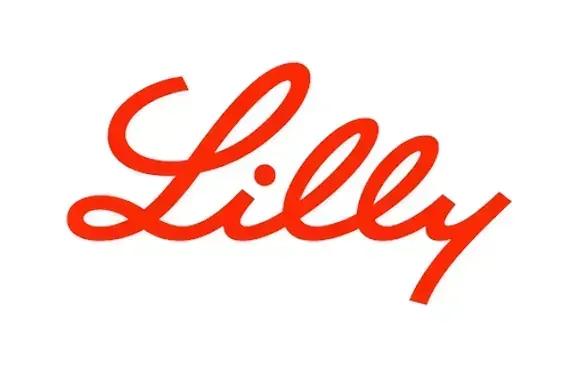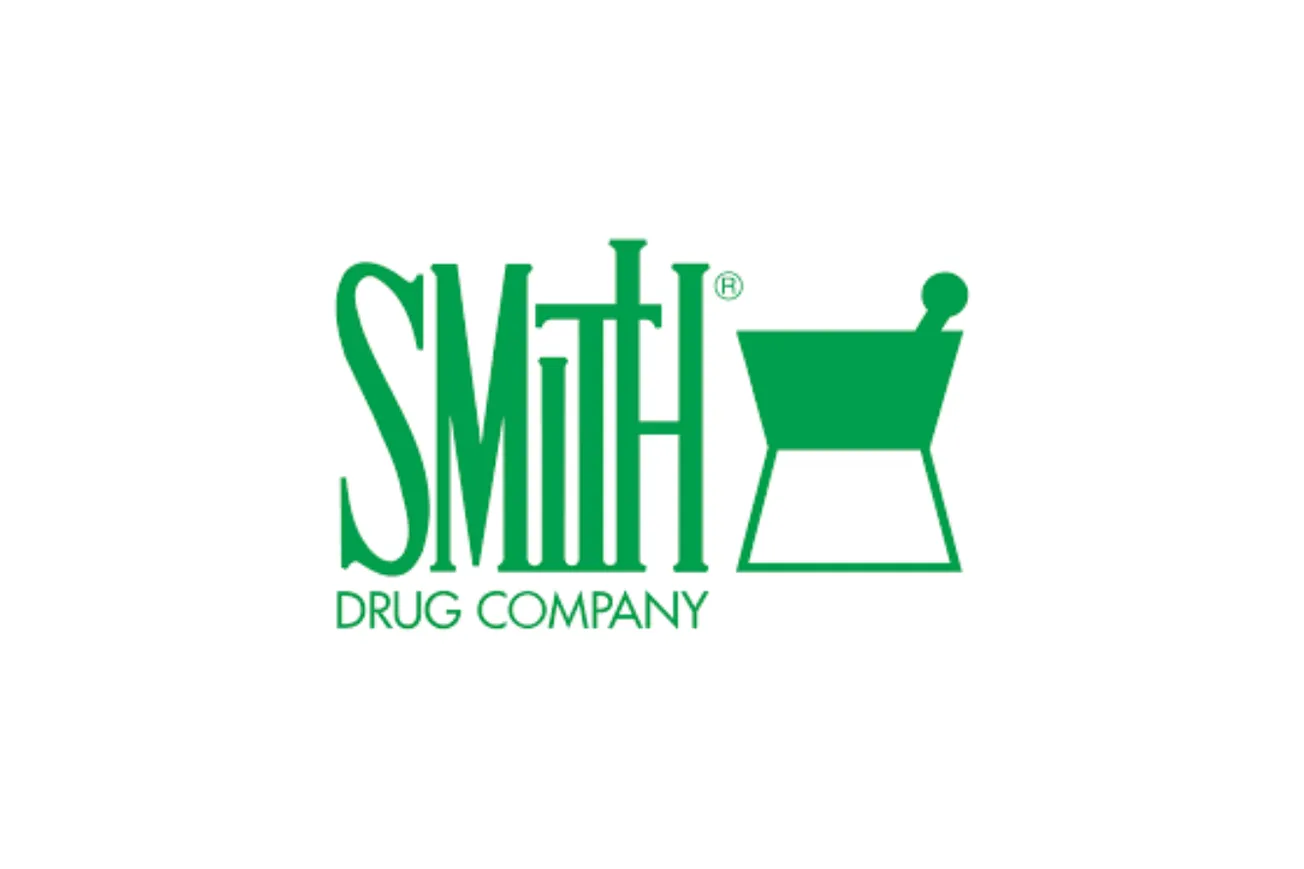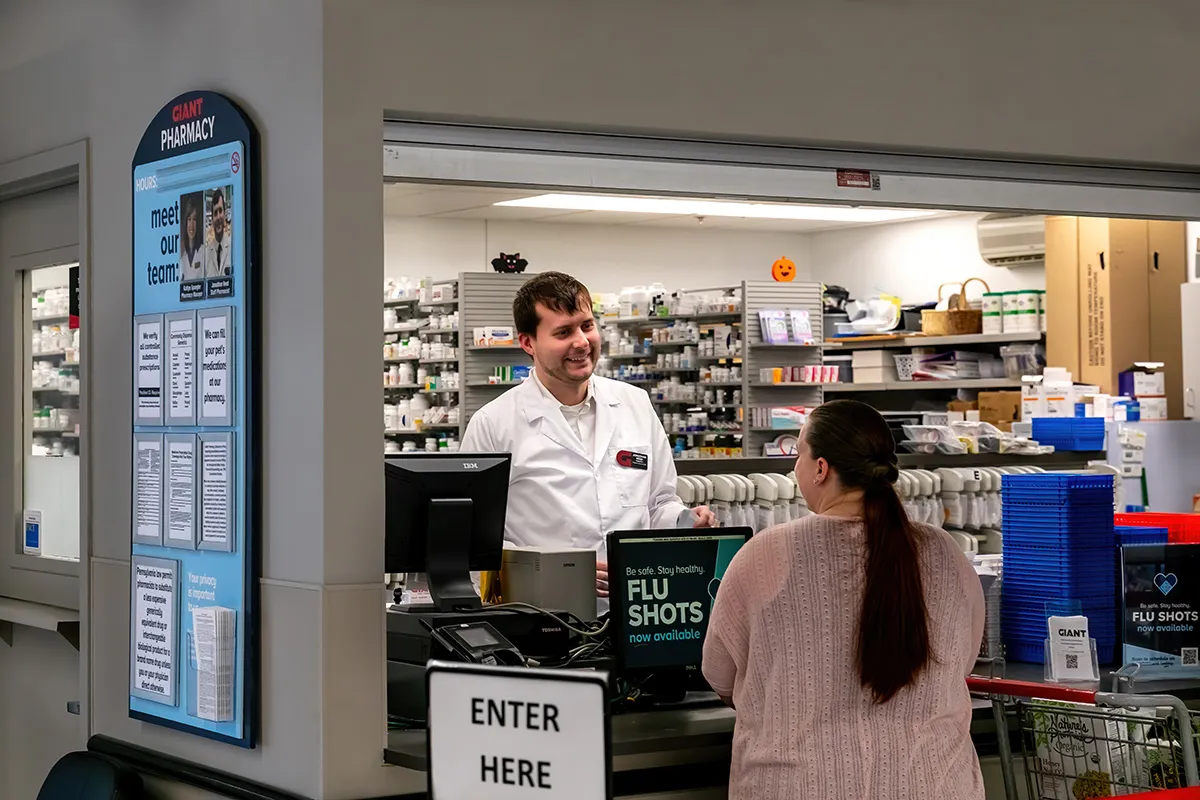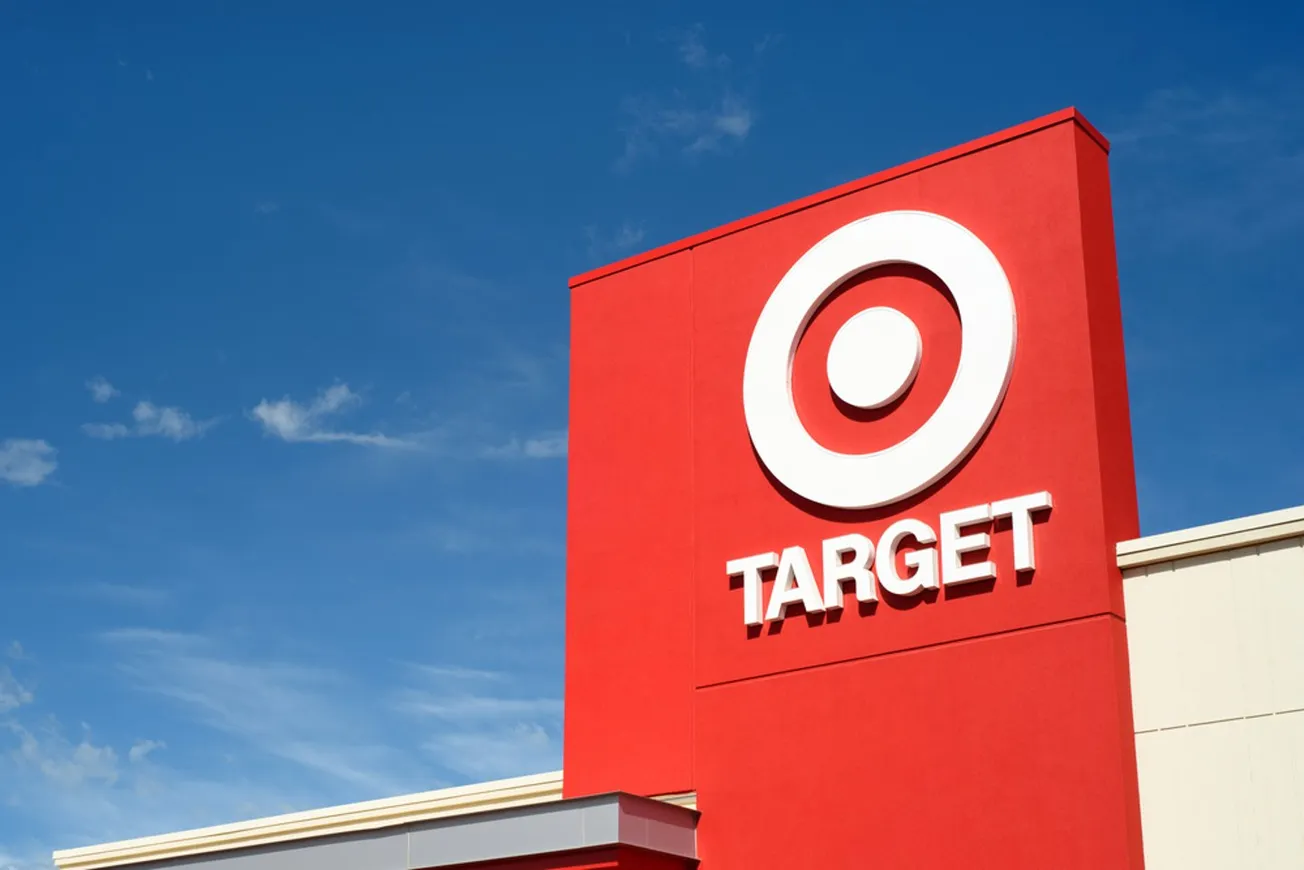INDIANAPOLIS – Eli Lilly and Co. has announced that the highest approved doses of Zepbound (tirzepatide)—12.5 mg and 15 mg—will soon be available in single-dose vials for $499 per month through LillyDirect's Self Pay Pharmacy Solutions and the Zepbound Self Pay Journey Program. Health care providers can begin prescribing the 12.5 mg and 15 mg vials on July 7, and shipments to patients will begin in early August. With the addition of these doses, every strength of Zepbound vial will be available for $499/month or less ($349 for the 2.5 mg starter dose) to any eligible adult with obesity and a valid prescription, regardless of insurance.
"Obesity is a serious, chronic disease, and access to obesity medications should be treated with the same urgency as other chronic conditions," said Rhonda Pacheco, group vice president of U.S. Cardiometabolic Health at Lilly. "Lilly was the first company to offer a self-pay solution for an FDA-approved obesity medication, and we continue to work to expand coverage for Zepbound. In the meantime, the availability of the two highest-dose Zepbound vials gives providers and patients another important treatment option."
Zepbound is an injectable prescription medicine that may help adults with obesity, or some adults with overweight who also have weight-related medical problems, to lose excess body weight and keep the weight off. It may also help adults with moderate-to-severe obstructive sleep apnea (OSA) and obesity to improve their OSA. Zepbound contains tirzepatide and should not be used with other tirzepatide-containing products or any GLP-1 receptor agonist medicines. It is not known whether Zepbound is safe and effective for use in children.
Patients with obesity who choose to self pay will soon be able to access the complete range of Zepbound single-dose vials, including 2.5 mg, 5 mg, 7.5 mg, 10 mg, 12.5 mg, and 15 mg. Patients on the 2.5 mg starter dose will pay $349 for their first month, then $499 per month for the 5 mg dose, which is the next step in treatment. Through the Zepbound Self Pay Journey Program, designed to support patients throughout their obesity treatment journey, the 7.5 mg ($599), 10 mg ($699), 12.5 mg ($849), and 15 mg ($1,049) doses will be available at a reduced monthly cost of $499 for the first fill and refills made within 45 days of the prior delivery. The recommended starting dosage is 2.5 mg taken once weekly for four weeks. After 4 weeks the dosage is increased to 5 mg. The health care provider may increase the dosage in 2.5 mg increments after at least four weeks on the current dose until recommended maintenance dosage is achieved. The 2.5 mg starting dose is not an approved maintenance dose. The maximum dose is 15 mg.
Zepbound is also available in 2.5 mg, 5 mg, 7.5 mg, 10 mg, 12.5 mg, or 15 mg per 0.5 mL doses in a single-dose pen (autoinjector). The 2.5 mg is a starting dose and not an approved maintenance dose. The recommended maintenance doses are 5 mg, 10 mg, or 15 mg injected subcutaneously once per week for weight reduction and long-term maintenance. The recommended maintenance doses are 10 mg or 15 mg for OSA.
New resources on Zepbound.lilly.com offer step-by-step guidance for appealing coverage denials and submitting letters of medical necessity. To learn more about LillyDirect, please visit LillyDirect.lilly.com.
In a 72-week study of adults without diabetes, average weight loss was 15.0% (34 lbs) for 5 mg, 19.5% (44 lbs) for 10 mg, 20.9% (48 lbs) for 15 mg, and 3.1% (7 lbs) for placebo. Average starting weights were 226.8 lbs for 5 mg, 233.3 lbs for 10 mg, 232.8 lbs for 15 mg, and 231.0 lbs for placebo.
In another 72-week study of adults with diabetes, average weight loss was 12.8% (28 lbs) for 10 mg, 14.7% (33 lbs) for 15 mg, and 3.2% (7 lbs) for placebo. Average starting weights were 222.4 lbs for 10 mg, 219.6 lbs for 15 mg, and 224.2 lbs for placebo. Participants had a reduced calorie diet and had increased physical activity in both studies.
Further assessment of data for the 72-week study of adults without diabetes, showed the percent who saw ≥25% body weight loss (57-58 lbs) were 15.3% for 5 mg, 32.3% for 10 mg, 36.2% for 15 mg and 1.5% for placebo. Results were based on less-rigorous assessment and may be due to chance. Factors beyond Zepbound may have contributed to weight loss.
Individual results varies. Zepbound is not for cosmetic weight loss. Zepbound may cause tumors in the thyroid, including thyroid cancer. Watch for possible symptoms, such as a lump or swelling in the neck, hoarseness, trouble swallowing or shortness of breath. If you have any of these symptoms, tell your health care provider. Do not use Zepbound if you or any of your family have ever had a type of thyroid cancer called medullary thyroid carcinoma (MTC). Do not use Zepbound if you have Multiple Endocrine Neoplasia syndrome type 2 (MEN 2). Do not use Zepbound if you have had a serious allergic reaction to tirzepatide or any of the ingredients in Zepbound.








